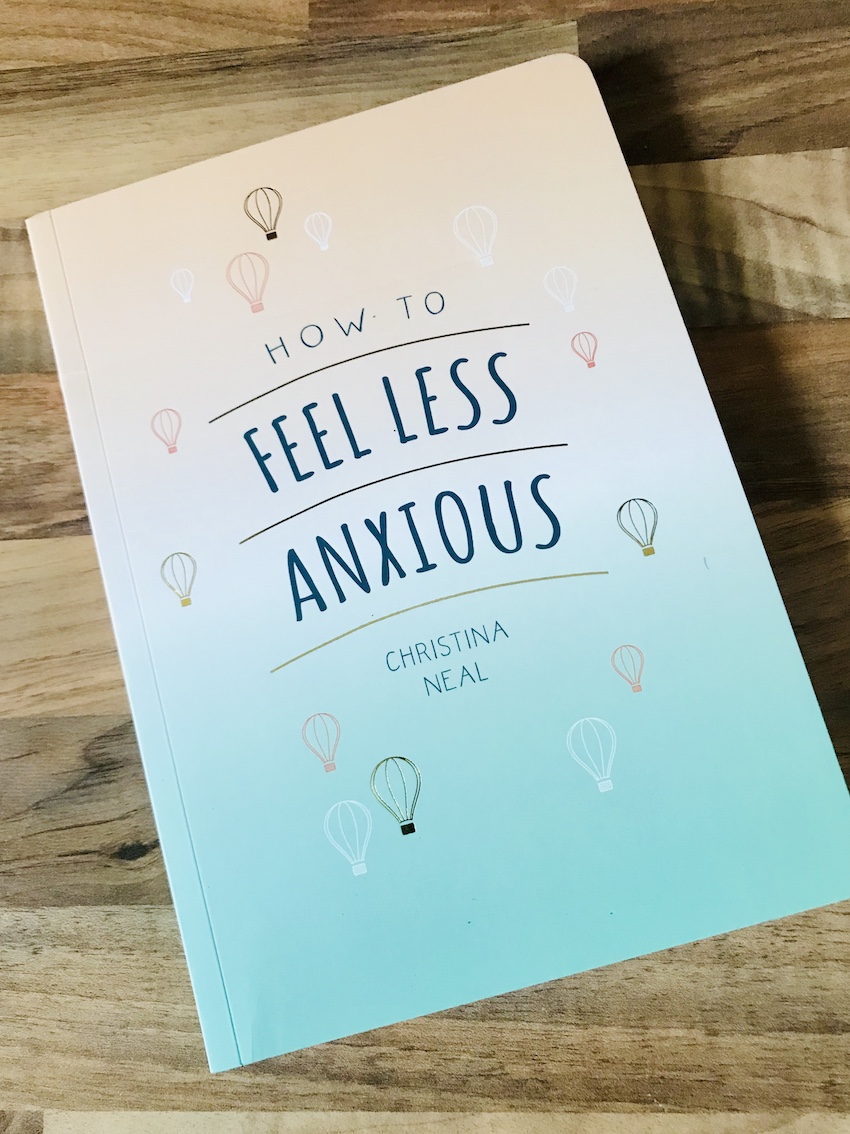Worry and anxiety have increased significantly in the UK since the pandemic, with 30 per cent of Brits reporting a deterioration in their mental health, according to Nuffield Health. Women’s Fitness Editor Christina Neal shares her top tips for reducing anxiety from her new book, How To Feel Less Anxious…
Even before lockdown took its toll on our emotions, The World Health Organization (WHO) reported that one in 13 people globally suffered from anxiety. The Anxiety and Depression Association of America claimed that anxiety disorder is the most common mental illness in the United States, with approximately 40 million Americans experiencing the condition. In the UK, the charity Anxiety UK says that approximately three million people are suffering from an anxiety disorder.
While it can seem very real and frightening at the time, worry and anxiety can be controlled and managed. Here are some ways to combat anxious thoughts and regain control of your mind…
Track your triggers
In order to understand what is causing your anxiety, it may be worth keeping a diary of your daily activities and how you are feeling. This will help you to identify which activities or tasks are triggering negative thoughts and behaviours; once you know what these are, you might be able to eradicate some of them.
Know that thoughts are just thoughts
Remember that negative thoughts are just that – thoughts – and not necessarily based on reality or what might happen. Next time a negative thought creeps in, write it down, read it back to yourself and question whether or not it’s really true. Writing these thoughts down will enable you to think about them in a more rational way and you may then find you have an entirely different perspective.
Steer clear of negative people
There is an expression: ‘You are the sum of the five people you spend the most time with.’ If you find yourself surrounded by negative, moaning and unhappy individuals, you will, in time, start to find yourself adopting their negative behaviour. Be aware of how your thoughts start to change when you are around others who have a negative attitude. The more time you spend worrying, the more you’ll be held back.
Don’t overthink it
Try not to let your thoughts run away with you. Imagining the very worst possible scenario or outcome in a given situation is often referred to by psychologists as ‘catastrophising’. An example might be having a few harsh words with your partner and thinking you might break up because they’ve walked off, rather than understanding that they may simply need time to calm down before you can work things out. Letting your mind wander to what would happen if you were to break up – like where you would live and how you would feel about being on your own – is certain to raise anxiety levels.
Know what you stand for
If you are constantly feeling anxious, unhappy or overwhelmed, it may be time to look at your values and beliefs and see if they are being compromised in any way. Your values are long-lasting beliefs about what is important to you. A belief is an idea that you hold as being true. An example of your beliefs being compromised might be that you are doing a job you don’t like that goes against your moral or ethical principles, making you feel like you’re putting on a mask and not being yourself when you’re at work. Be true to your values and you will feel your energy increase.
Recognise your limits
Constantly multi-tasking is likely to overwhelm your already busy mind. Instead of trying to get all of your to-do list done simultaneously and causing yourself unnecessary stress, make a short list of tasks to complete and focus on one at a time. If you’re working, close your email inbox while you finish that report; put your phone on silent and avoid other digital distractions. Cross each task off a list as you go through them one by one. This will give you a sense of feeling in control again.
More information

These tips are extracts from How To Feel Less Anxious, published by Summersdale and available now on Amazon, priced £9.99.







